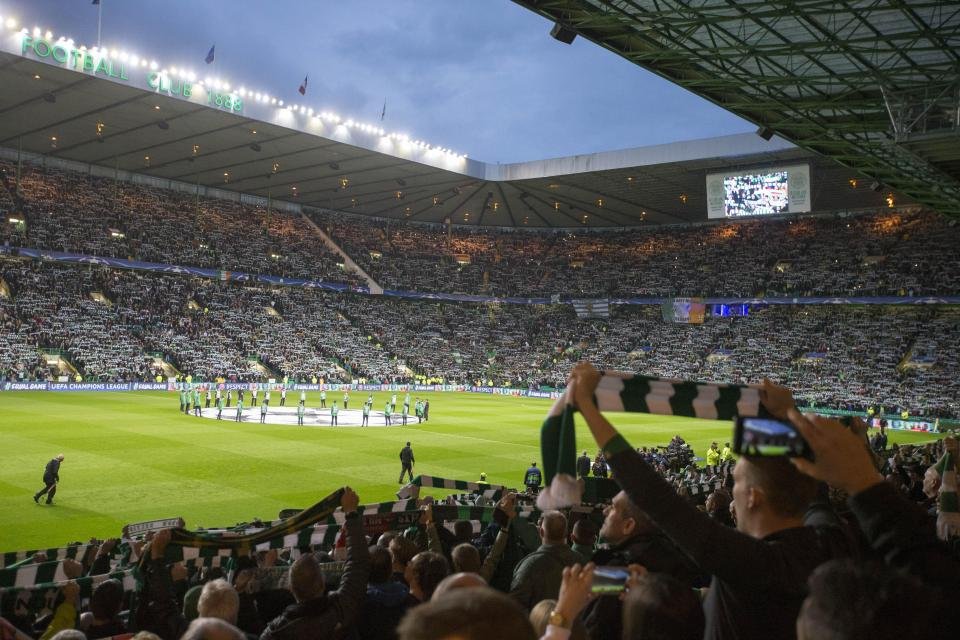Football Was Still Seen As An “Investment” Back Then. 2008 Changed Everything.
There was a time, back in the 2000’s, when football teams were seen as a great thing for people to put their money into.
It was before Sky’s TV deals went nuts, before wages and transfer fees sky-rocketed.
It was when Celtic could buy an English international striker for £6 million.
Things had not gone so turbo.
Things had not gone so nuts.
It was before Leeds leveraged their future for Champions League money they never got.
It was before the crash in 2008 which stopped banks who had tolerated all this in their tracks.
It was before Murray was uncovered as a charlatan and his football revolution widely recognised to have been built on debt. It was not the only one.
Jack Walker had sugar-daddied Blackburn to an EPL title and pushed up the prices in the process. His death dropped them three divisions. In Scotland, Brooks Mileson took Gretna from the lower leagues to the SPL and a Scottish Cup final before his own death obliterated it all and put them out of business. Dundee, Motherwell, Livingston and Dunfermline, to name a few, joined a slew of clubs in England in going into administration.
As all this was going on, Dermot Desmond spoke for a generation of top financial people who were getting their fingers burned by the game when he told a Celtic fan delegation who wanted him to finance glory with his own cash that “I’d be as well piling it up in the garden and setting fire to it.” It was a realisation dawning on a lot of people across Europe.
I am not convinced that football was ever a profitable “investment” but it was easier to make that case twenty years ago than it is today, where it’s impossible. Fergus took a club that was not operating at peak, with a rundown infrastructure, and rebuilt it … he sold up his shares and made a profit, a big one. He was one of the very few, and he was only able to do it because he left behind something vastly more valuable than what he bought.
And something that was profitable to boot.
That’s what appealed to guys like Dermot Desmond in the first place; Celtic was an emotional purchase, yes, but it was also a stable one. He did see it as an investment, but only insomuch as that the shares he bought would hold their value. He never intended to play the sugar-daddy.
He knew what he was buying, and what he wasn’t, and whilst I know that if Celtic found itself in trouble the first thing he’d do is write a cheque, I know that the second thing he’d do was sack Peter Lawwell for allowing it.
(Thanks to Phil for that line! I knew I’d find a place for it!)
To get people to “invest” in the Ibrox basket case the club would need to be capable of turning a profit.
Now, as it happens, I think Sevco could turn a profit. But it would mean slashing costs. And that would mean dropping this “going for 55” nonsense for a long while. And that would cost them season ticket sales … and that would mean even more cutting.
But if you want a quick way of sussing out who is talking arrant nonsense about what Sevco needs and who has a firmer grasp on reality, look out for the term “investing in the team.” There is no “investing” in football teams and there never was. Fergus didn’t build a team, he built a club and that’s why he made a profit on it. Charles Green bought the bits of a club. He glued them together and sold up. That’s how he managed to do it.
The rest is just nonsense.
